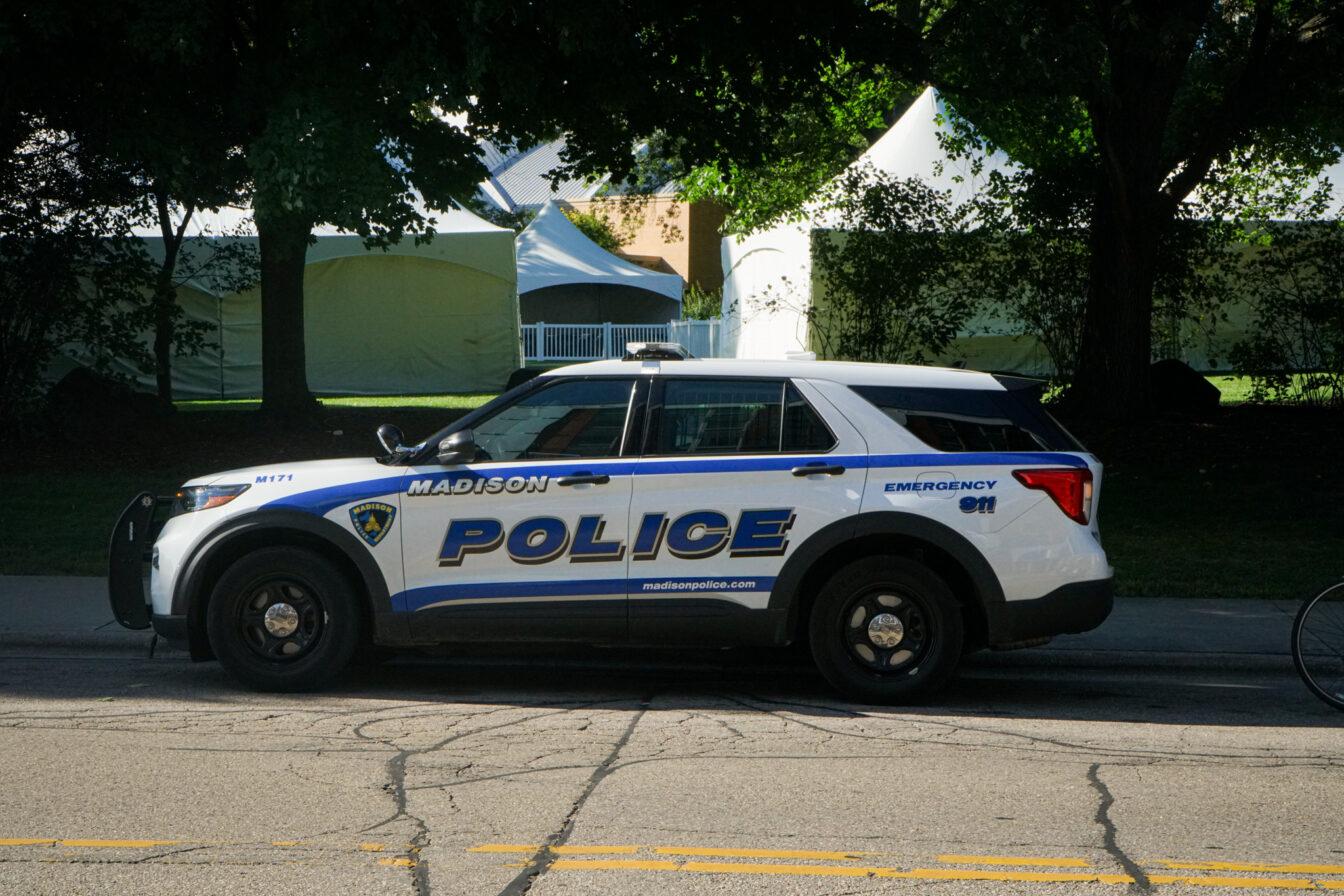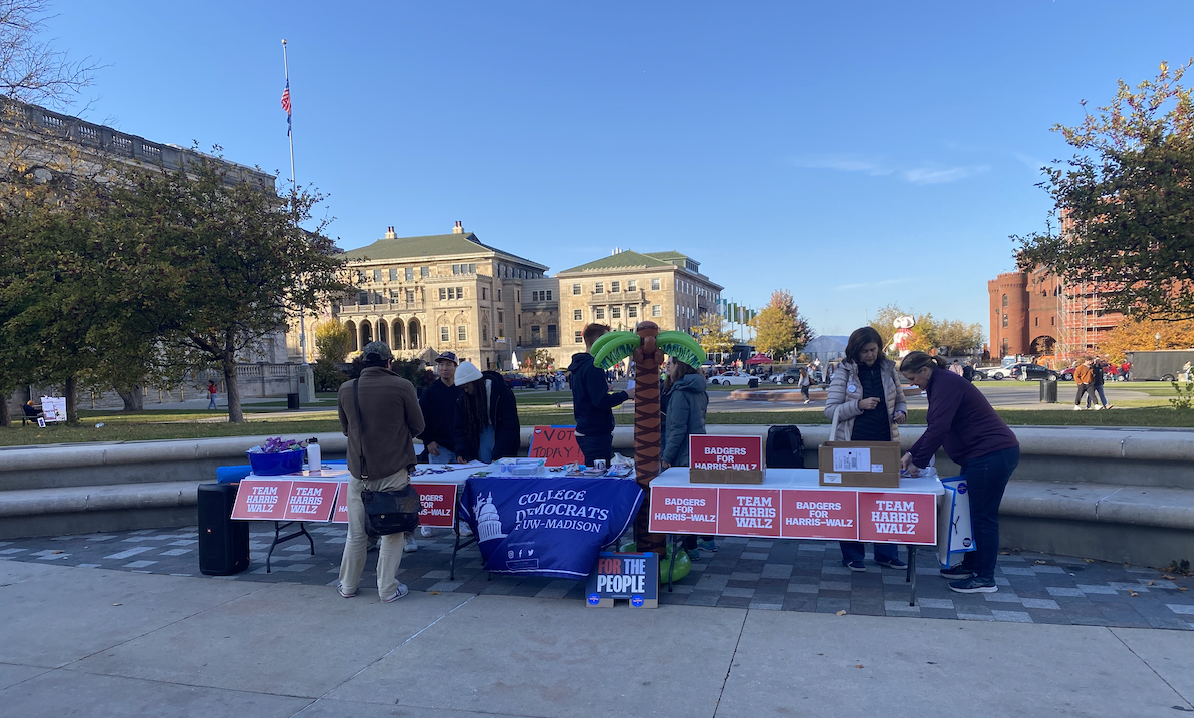(U-WIRE) WASHINGTON — The District of Columbia is relaxing now that last month’s series of sniper shootings has come to an end, though a debate over gun control is just getting started as a ballistics database bill gained support in Congress in the wake of the sniper shootings.
It is unclear, however, to what degree last week’s Republican victories in the House and Senate and the new 108th Congress will impact the gun-control debate.
D.C. Congresswoman Eleanor Holmes Norton, a Democrat without voting rights in the House of Representatives, held a press conference Nov. 1 at the intersection of Georgia Avenue and Kalmia Road NW, the site of the only sniper shooting within the District. Norton promised to work to prevent such an act from occurring again as she announced her support for the Gun Ballistics Safety Act of 2001.
“It is time we became as serious about mass murderers as they are about serial killing,” she said.
The bill would dictate that the Bureau of Alcohol, Tobacco, and Firearms establish an electronic database with the ballistic characteristics of guns. These characteristics are defined as markings on either the bullet or the casing once fired. To what degree these markings differ is also called into question according to the National Rifle Association. This database would be available to police agencies.
“This information is to be gathered by the individual manufacturers and then connected to the owner upon sale through an approved dealer,” the bill states.
It also provides for a fine on firearm manufacturers if the ballistics information is not registered within 30 days of the manufacturing of the gun.
The Act was originally introduced in February 2001 by Congressman Robert Andrews, D-N.J., and was quickly shelved in committee deliberation. With the recent attacks, Holmes was prompted to put together a new piece of legislation until she discovered Andrews’ act was looking for support, according to Holmes.
“The bill had no co-sponsors, because all gun legislation has faired so poorly in Congress in the last few years,” Norton said. “I appreciate the strong support the Gun Ballistics Safety Act is receiving today from our elected officials.”
Norton said, “The unfolding story of how widespread the sniper terror was coast to coast could break through the stone wall that has stopped most gun legislation in the Congress for the last several years.”
The legislation has 17 co-sponsors in the House so far, including Norton and Virginia Congressman Jim Moran, a Democrat. All of the co-sponsors are Democrats.
The bill continues to draw fire from conservatives and National Rifle Association supporters. This is true of politicians as well as students at American University.
“The right to bear arms shall not be infringed,” sophomore Aaron Biterman said. “If the choice is between liberty and security, I choose liberty.”
Other students disagree, such as junior Zachary Ruderman.
“Although there is something to be said for every American’s right to bear arms, it is the right of the government to know who is bearing those arms,” he said.







